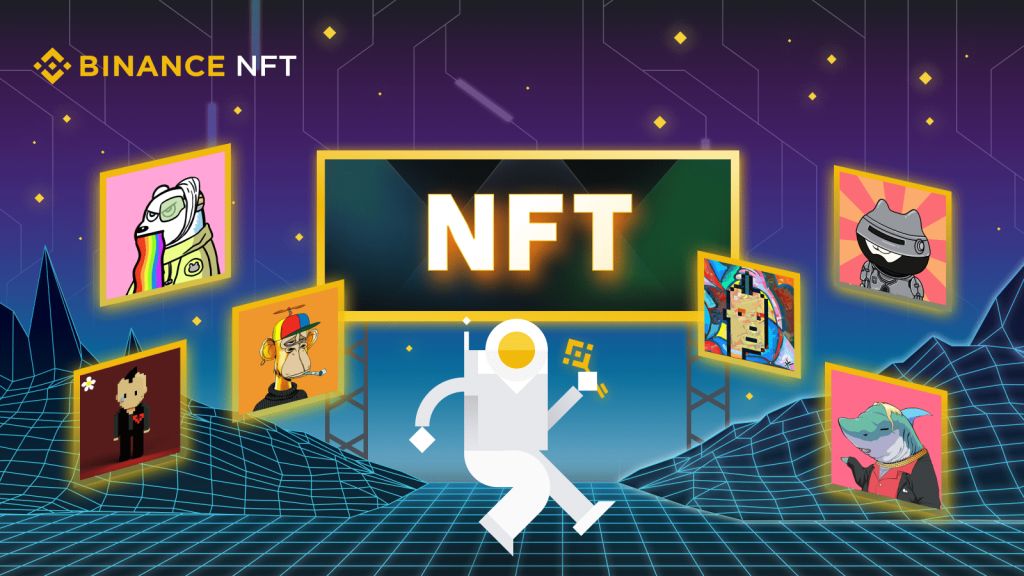In a significantly positive move for decentralized science (DeSci) and the future of longevity and cancer study, VitaDAO confirmed the launch of its first biotech firm, Matrix Biosciences. The breakthrough came after a community-wide vote that approved a partnership with Dr. Vera Gorbunova, Co-Chair of the University of Rochester’s Aging Research Center.
The Community Supports The New Venture
The first funding chunk of $300,000 from VitaDAO will be enhanced with extra funding via the tokenization of intellectual property in Q1 2024. With the assistance of this important support, Matrix Biosciences strives to start preclinical studies for new hyaluronic acid-based compounds, which can treat cancer and aging-related disorders.
Dr. Gorbunova commented:
“The funding and support from the VitaDAO community will bring Matrix Biosciences one step closer to delivering groundbreaking treatments that will significantly improve outcomes for our vulnerable aging patient population.”

VitaDAO: A Space For Decentralized Science
Furthermore, VitaDAO brings together the best of decentralized science and Web3 technologies. Among its famous members is Balaji Srinivasan, former CTO of Coinbase. Up to today, VitaDAO has managed to fund 19 projects and deployed at least $4 million in capital. Interested people may join the community by buying VITA tokens or contributing work and intellectual property (IP).
Dr. Anthony Schwartz of VitaDAO mentioned:
“Thanks to the collective drug development experience from VitaDAO’s online community and the collaborative nature and expertise of Dr. Gorbunova and the Matrix Biosciences team, we now have a well-designed development strategy in an area that has traditionally lacked the know-how or an established path.”
What Is Decentralized Science (DeSci)?
Decentralized Science (DeSci) makes science open, accessible, and transparent. By utilizing Web3 and distinct digital assets known as non-fungible tokens (NFTs), DeSci represents anything from basic data to entire experiments. The new strategy can revolutionize the way scientific research is done.
Instead of relying significantly on big and centralized organizations, DeSci utilizes blockchain technology to make research highly democratic. This move lets people globally work together, share lots of information quickly, and guarantee that all data is accurate. Although the idea is significantly new, it might help change the way we make scientific discoveries in the coming years.
Decentralized science aims to accelerate the pace of discovery, increase research transparency, and democratize access to scientific knowledge. It’s often associated with emerging technologies and new paradigms that challenge the traditional scientific establishment.





